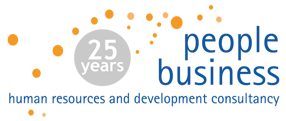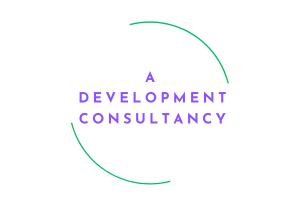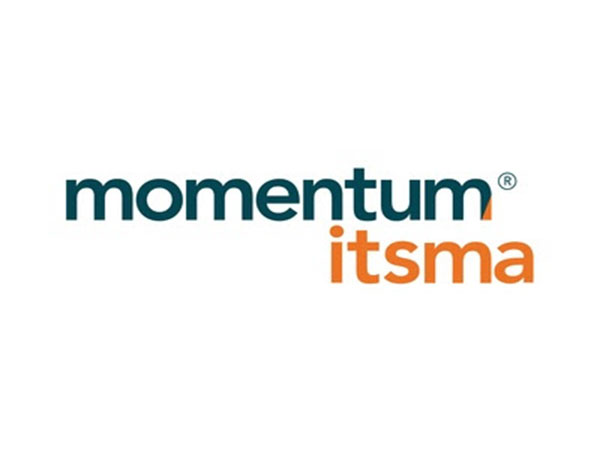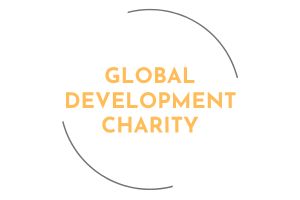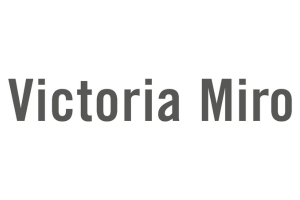Encouraging constructive consultation with employees on sensitive issues
 Sometimes it’s not straightforward when seeking consultation with employees, particularly when tackling a sensitive issue or when employees find it hard to engage with the topic. So, how can an organisation encourage constructive consultation in such circumstances?
Sometimes it’s not straightforward when seeking consultation with employees, particularly when tackling a sensitive issue or when employees find it hard to engage with the topic. So, how can an organisation encourage constructive consultation in such circumstances?
Thinking differently – an example
After some organisational changes, an international non-governmental organisation (INGO) needed help with refocusing their diversity, equity and inclusion (DEI) agenda. They were eager to engage and consult their colleagues to guide their focus on an essential and sensitive topic. They wanted support to facilitate an open conversation to recognise progress made, understand current challenges and generate ideas for next steps.
The usual answer to this is to set up a confidential survey or start a discussion about the issues people experience. However, these approaches can fail to deliver clear priorities and a shared focus for the future that reflects the aspirations of diverse stakeholders.
People Business, experts in leading culture change and facilitating engaging consultation processes, worked in partnership with the INGO to design an interactive and immersive workshop that would achieve the outcomes required.
Designing differently – designing the DEI workshop
It was essential that workshop participants believed that the organisation recognised there is a DEI challenge to be addressed. Often people come into discussions on diversity feeling the need to share their stories because they are not confident that an organisation accepts there is an issue to be addressed or that additional change is required. As a result, the well-intended consultation process can get stuck in descriptions of the challenge without leading to agreement on ideas for the future.
Acting differently – using actors and why it can be beneficial
In our experience one way to overcome this challenge is to work with actors and write a script that plays out the concerns and challenges participants have. This approach effectively says to stakeholders, “This illustrates what we currently understand the situation to be – reflecting some of the progress and the very real challenges that still exist – warts and all”.
As a result, participants are often ready to say, “Yes, I recognise our organisation in this scenario”. We can then discuss: “What did we get right in this account and what did we miss out? What ideas do you have for how we build on the progress we have made?”
In a DEI context it is valuable to engage diverse stakeholder groups in this process. For example, engaging with a scripted scenario together the race group, LGBTQ+ group, women’s group and disability group better understand the diverse challenges and hear the range of ideas that others bring.
Bringing DEI to life
In response to this organisation’s requirement, People Business collaborated with one of our partners, Presence, experts in Forum Theatre. Becky Hall, systemic coach, speaker and author wrote a script based on personas People Business had created to bring to life DEI challenges including disability, race, sexuality, gender identity and neurodiversity.
Across two scenes the script brought the characters to life, sharing their backstories and revealing their conflicting views on DEI – one being very progressive and a big supporter of the DEI agenda, and the other overly critical and disbelieving of DEI issues.
The scenes were written with an exaggerated view on reality, which emphasised the ‘real challenges’, while also allowing a wide range of topics to be covered in a short space of time.
Presence provided two actors to play out the scenes at the workshop – allowing us to pause the dialogue, hear from the characters themselves how they were feeling and directly engage workshop participants in the challenges being played out in front of them.
The impact of this interactive design
Although uncomfortable to watch (evident through facial expressions and widened eyes), the participants recognised the parallels with their own organisation – which made it easier for them to speak up about their own experiences and opinions.
In the second part of the workshop, group exercises helped us gain further insight into how people felt working at the organisation. These included an exercise on what the organisation should start doing, stop doing, do more of and do less of.
We used Slido (live polling software) to enable the participants to answer further questions anonymously. This helped both capture ideas and gauge what needed to be focused on as next steps. This feedback has given a clear steer on the priorities, areas for action and a way forward.
Feedback received after the workshop:
“The mixture of activities and the role play at the beginning was great to set the scene. Then working in small groups, and the mixture of writing on Post-it notes and using Slido was highly effective.”
“The starting conversation with the actors really helped set the scene and get your brain into the subject matter. It wasn’t about the dos and don’ts but the whats.”
“The acting was a great way of getting the conversation going, without having one of the people in the group carrying the responsibility of sharing the concerns that came up in those exercises.”
“The facilitators were great at creating a safe space.”
“The use of written anonymous text to facilitate quieter people made this highly effective.”
“The facilitators were friendly and gave us an open space which made the afternoon fun! The change of facilitators including the actors was great. It felt like great teamwork!”
“The acting to get us into the mind set of what we were talking about made this workshop very effective.”
The value of immersive design
The INGO is currently using the workshop output to drive a new model for DEI, consulting a wider group of stakeholders on the clear messages generated through this process.
Our experience of effective consultation is that we need to be proactive and take the conversation to meet participants where they are. Interactive engagement and storytelling is a powerful way of doing this. Being creative builds engagement and increases people’s confidence to be open and speak up.
If you would like to discuss any elements of interactive design, facilitation or consultation on sensitive issues, do get in touch to talk to one of our consultants.
